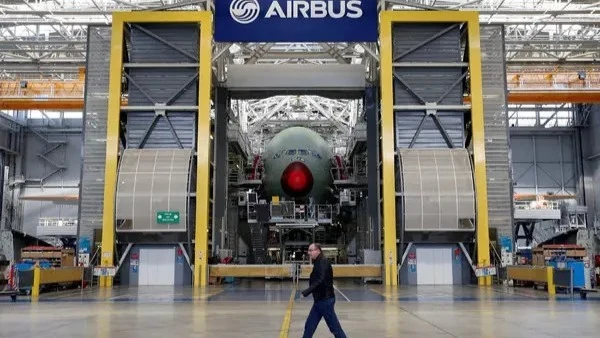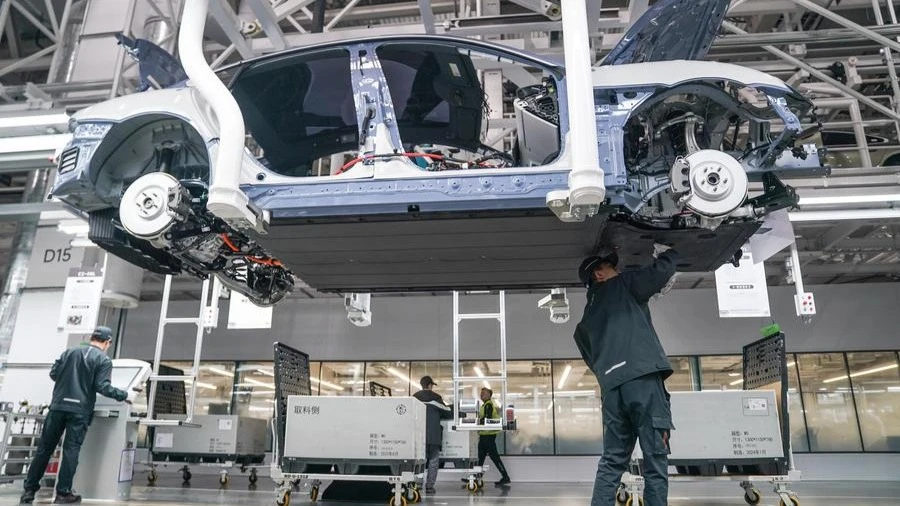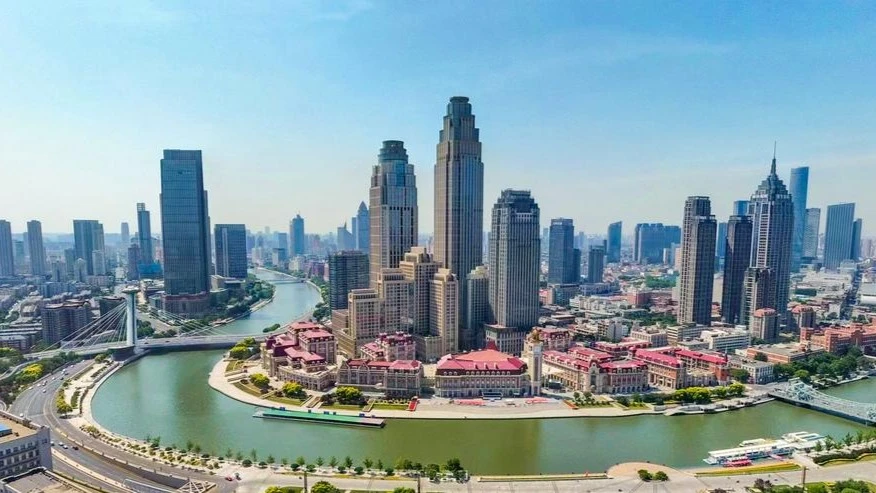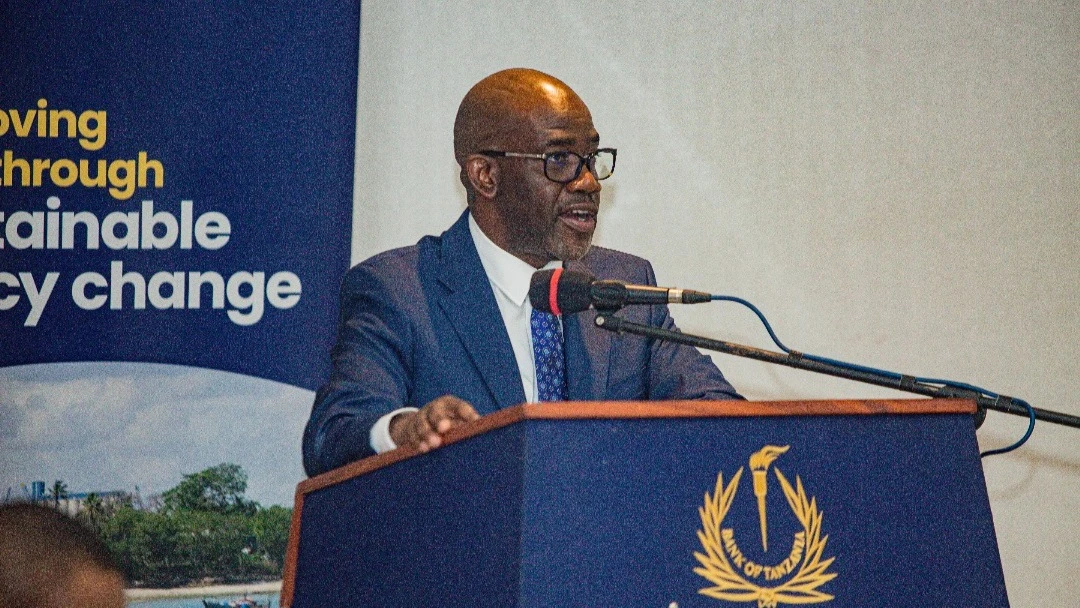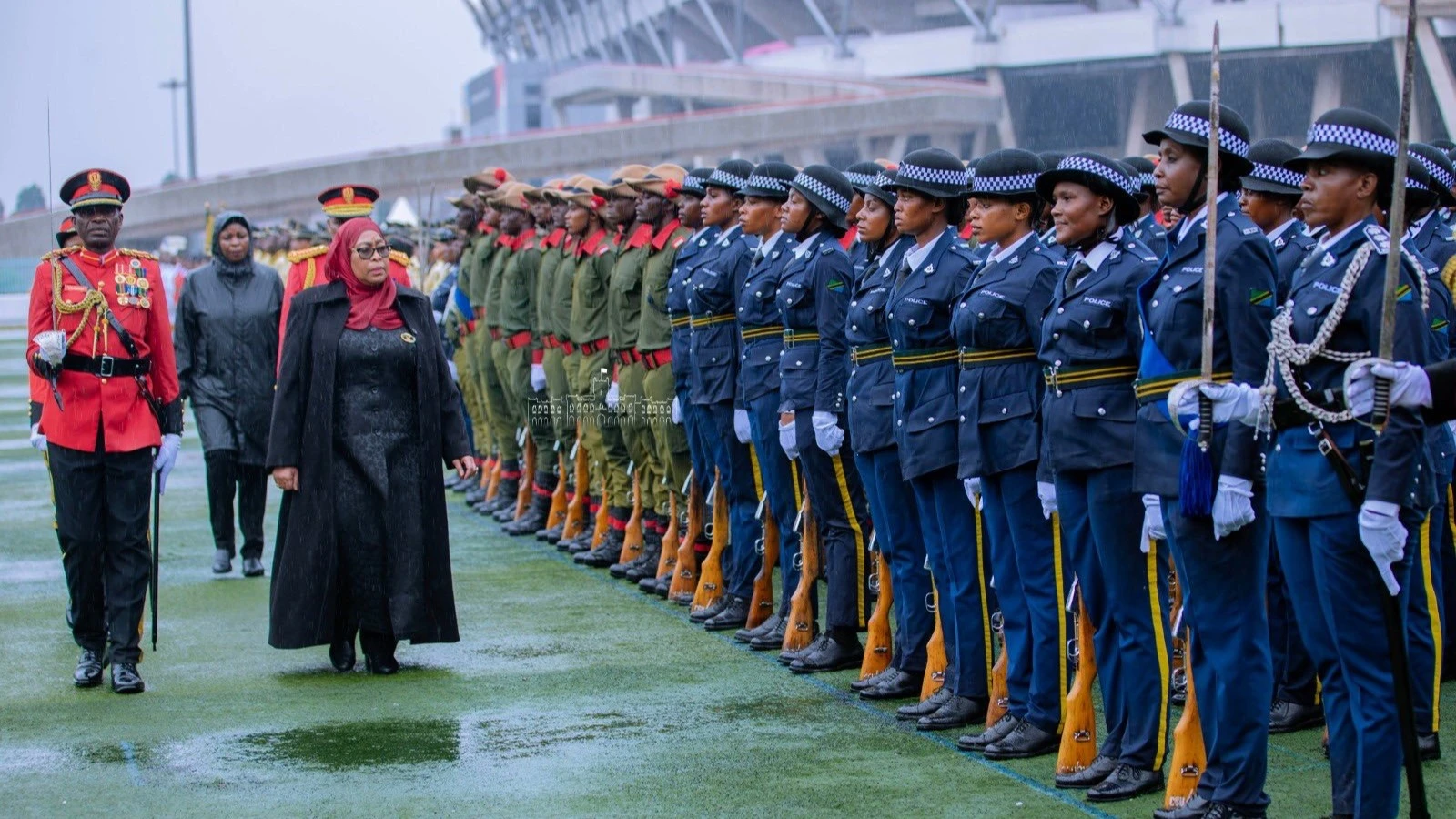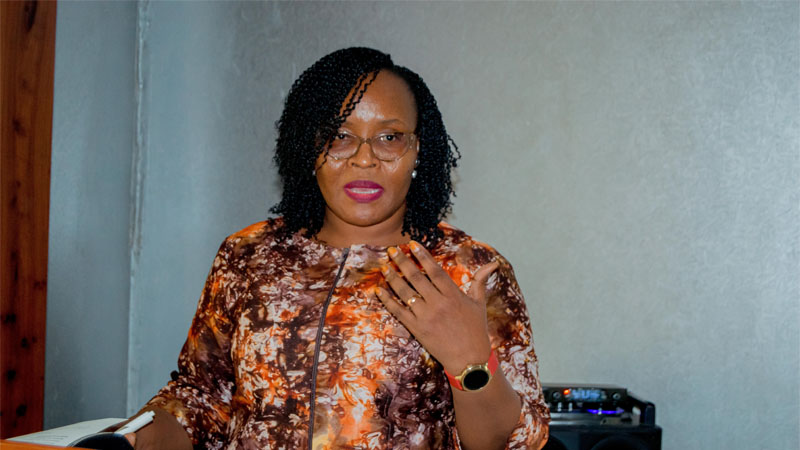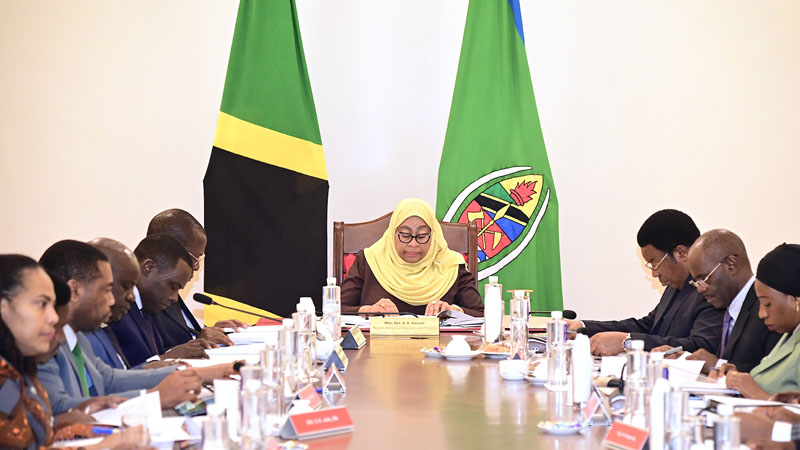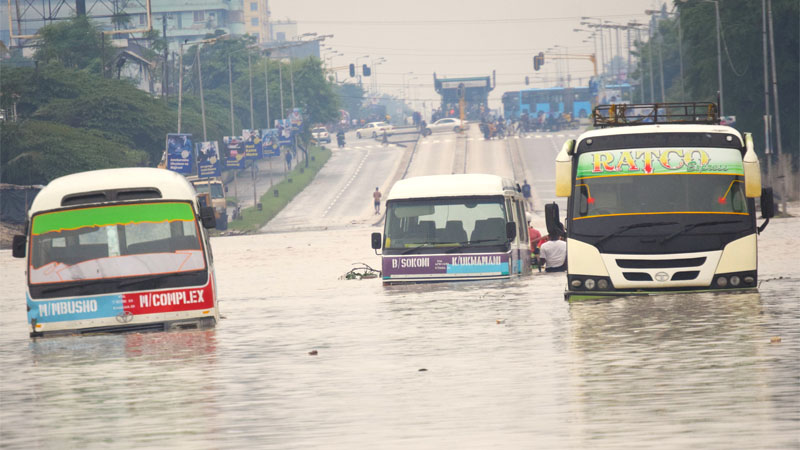Treasury: Dubai firm set to operate DART
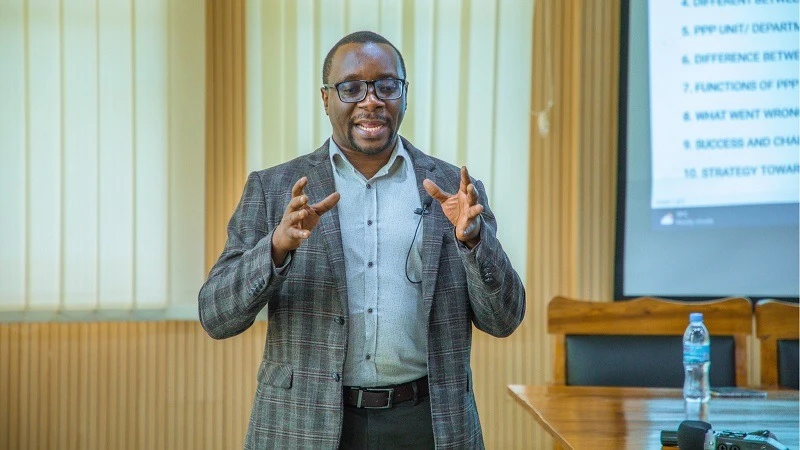
THE government is set to sign a public-private partnership (PPP) contract with Dubai-based Emirates National Group (ENG) to operate the Dar Rapid Transit (DART) phase 1 next month.
ENG owns and operates companies that deal with all means of private and public transport, along with their ancillary services.
David Kafulila, the PPP Centre executive director in the Treasury, said in an interview in Dar es Salaam yesterday that ENG emerged the winner in the wake of a tendering process.
The government has taken the initiative of inviting the private sector to operate DART to improve urban transport services in the wake of bus congestion and high rate of damaged buses, skipping passengers on many bus stands apart from the main terminals.
The investor has a chance to extend operation for phase II of the project if proved to have managed to improve services appreciably, he said, noting that the new investor is expected to bring in a sufficient number of buses to end the congestion.
ENG has global experience in the business for a number of years and it is expected to operate DART efficiently, he stated, explaining that DART and ENG are finalizing the contract to be fair for both parties.
The signing is expected in the next two weeks, he said, with ENG expected to procure buses and provide transport services “while the duty of DART will be revenues.”
ENG will be paid for operational costs as laid out in the agreement based on contract provision for the mileage covered, he said, noting that the standard of buses to be procured will also be subject to the contractual accord.
On January 11 President Samia Suluhu Hassan appointed Dr Athumani Kihamia to take over as DART chief executive officer, replacing Dr Edwin Mhede, with the new CEO pledging to address commuters' concerns and work for DART efficiency and reliability.
DART has routinely grappled with challenges like congestion at major terminals and scant space in stations in-between the key terminals, eliminating chances for punctuality or reliability.
At the start the government placed a 650/- fare per trip while the demand was to place the fare above 1,000/-, making it affordable. The government eliminated commuter buses for the key routes for a DART monopoly, harvesting large numbers of passengers but unable to place enough buses, with frequent breakdowns according to reports.
City observers feel that the DART system ought to be an alternative for the usual commuter system, implying having level seat arrangements instead of spacious buses meant for standing commuters.
That way it could raise fares and pick numerous commuters wishing for comfort and class, not look for monopoly and pack people who have no other choice. DART officials talk of strain on the existing fleet of 140 buses, while its passenger base is put at 50,000 per day, asserting that this results in frequent breakdowns that compromises the system's reliability.
Commuters endure long waits, there are often chaotic scenes at bus stops and physical struggles during peak hours, where overcrowding not only raises safety concerns but leaves commuters exposed to pickpockets, etc.
A recent issue of the World Population Review says that current data suggests that the Dar es Salaam agglomeration has a population of up to 8.1m, marking a 4.95 percent increase from early 2023.
The data underscore the urgent need for an enhanced public transportation system to cope with the city's ever-growing demands, observers assert.
Top Headlines
© 2024 IPPMEDIA.COM. ALL RIGHTS RESERVED







